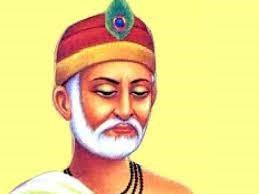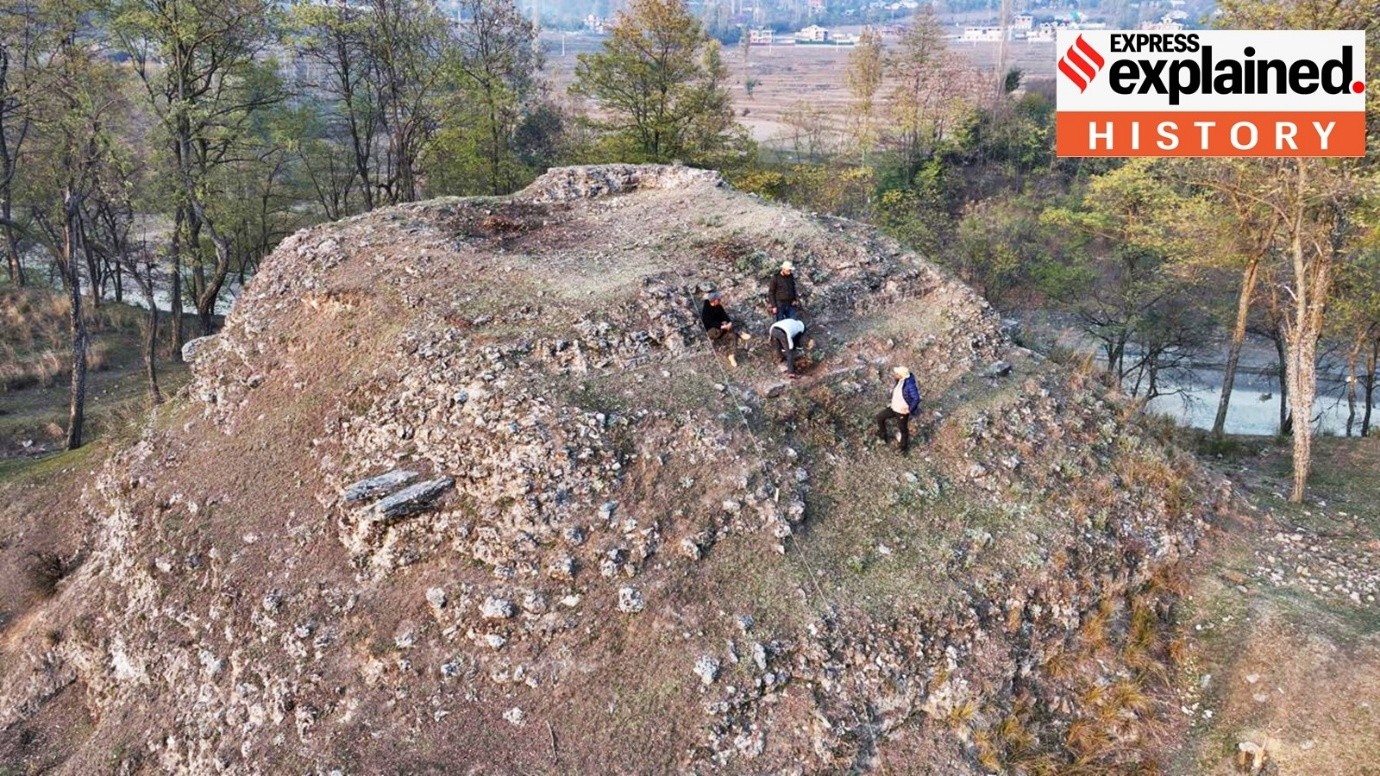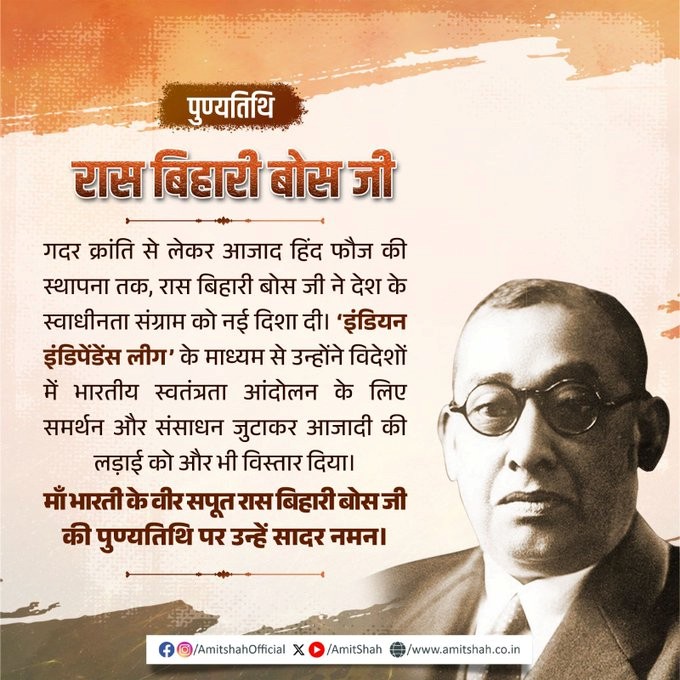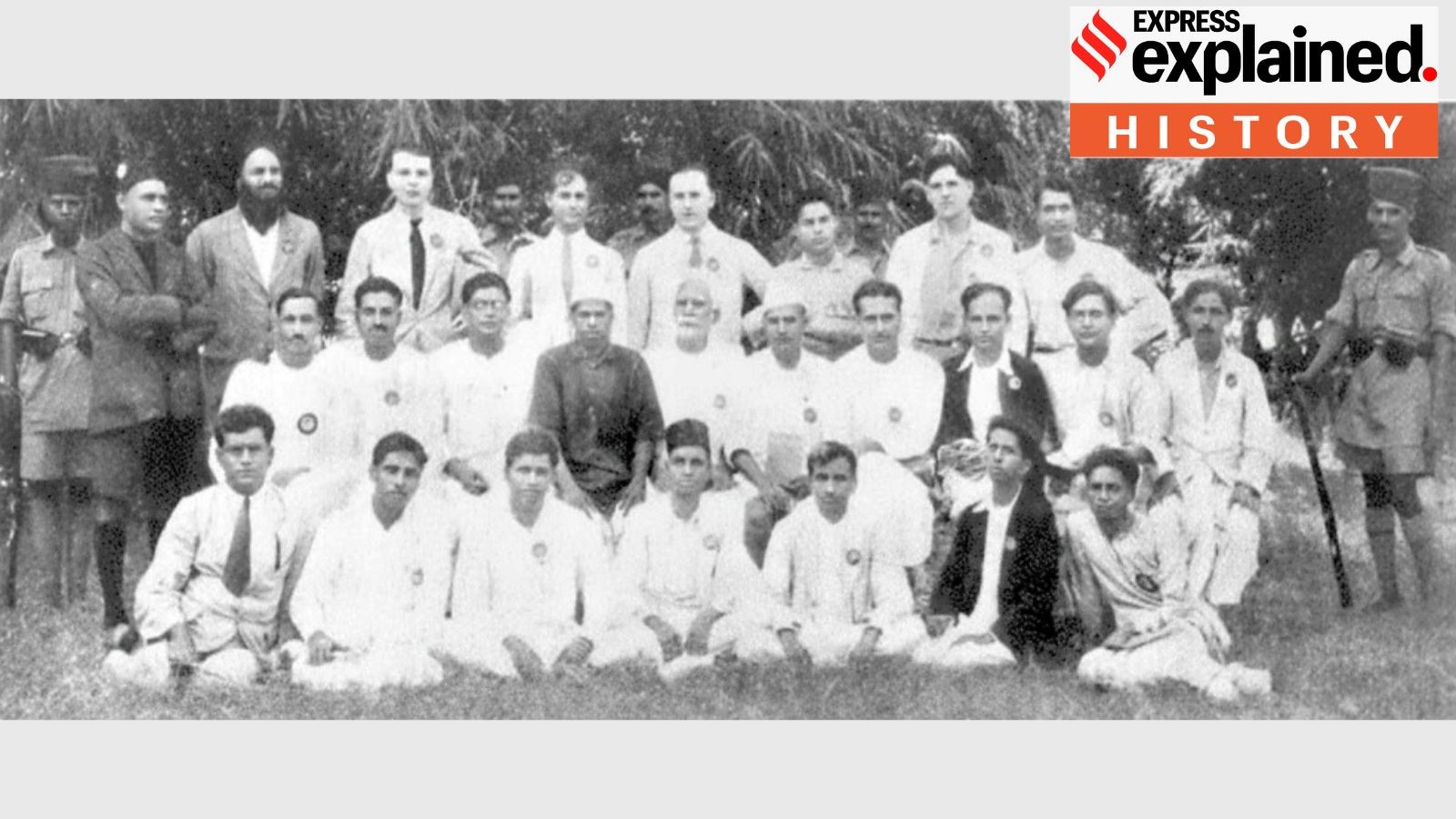Description

Disclaimer: Copyright infringement not intended.
Context
- Jayanti of Kabir Das, a poet and a social reformer was celebrated on celebrated on June 4, 2023.
- It is also observed as Jyeshtha Purnima. As per Gregorian Calendar, it is usually marked in the month of May or June.
Other details about Kabir jayanti
- Programs were organized by devotees to celebrate Kabir jayanti.
- Recital of ‘Kabir ke Dohe’ and poems written by Kabir were also observed.
- This jayanti serves us a reminder to follow teachings of a guru like Kabir to sail smoothly in difficult times of life.
- His teaching can help a person to be happy and live a sorted life.

About Sant Kabir Das
- Poet and Sant kabir is believed to be born to a Brahman mother in mid 15th century in Kashi (present day Varanasi, Uttar Pradesh).
- Kabir was considered a ‘low caste’ weaver (Julaha) caste, that had recently converted to Islam.
- He founded the spiritual community - Kabir Panth.
- Ramananda, a Hindu ascetic had a strong influence on him.
- He is considered as a harmonizer of Hindu and Muslim belief and practice and preached for Hindu Muslim Unity, however he remained critical of both religions.
- He advocated for abolishing the Varna/caste system thus promoted the ideology of egalitarianism.
- He also dissented radically against orthodoxy and redundant religious practices and religious books like Vedas and Quran.
- He believed that everybody, irrespective of caste system, has right to salvation through the bhakti tradition.
- One of the contributions of Kabir Das was to help in popularising the Nirguna tradition of Bhakti movement in North India. He propagated it through various literary forms which includes - dohas (short two liners), ramanas (rhymed 4 liners), sung compositions of varying length, known as padas (verses) and sabdas (words).
- His emphasis was on to have an intense emotional connection with God as according to him God existed inside everyone through a relationship of Jivatma and Paramatma.
- Kabir Bijak, Kabir Parachai, Sakhi Granth, Adi Granth (Sikh), and Kabir Granthawali (Rajasthan) are considered some of his popular literary works.
Kabir Panth
- Kabir panth, Path of Kabir, is a philosophy based on the teachings sant Kabir It is considered a spiritual philosophy not a separate religion.
- The followers of Kabir Panth, known as Kabir Panthis, consider him a guru who guides them towards salvation. They also recognise the works of Sant Kabir.
Ramananda
- Ramananda, who is also referred as Ramanand or Ramadatta, was Vaishnava poet-saint.
- He is believed to be lived in 14th - 15th century He was the fifth in lineage of south Indian Vedanta scholar Ramanuja was a devotee of Rama.
- He was born at Prayagaraj (present-day Allahabad) in an orthodox Kanyakubja Brahmin family.
- He is considered a founder member of the Bhakti movement in north India who have disciples like Kabir, Ravidas, Dhanna, Pipa etc.
Nirguna Tradition
- It refers to the Bhakti concept of worshiping a formless god, who is without trait or attributes
- It is a form of aniconic worship where Nirgun songs are associated with this tradition
Bhakti movement
- The Bhakti movement, began in the 7th century in South India, and popularized through the poems of the Alvars and Nayanars, the Vaishnavite and Shaivite poets.
- It started to spread in North India during 14th and the 15th centuries and was characterized by popular poet-saints Ramananda, Kabirdas etc. who sang devotional songs to God in vernacular languages.
- It refers to an intense love, devotion and surrender to god which could help in attaining salvation.
- Many of the saints of the Bhakti movement came from the ranks of the lower to middle artisanal classes such as Kabir (Julaha caste), Raidas (leather worker), Dadu (cotton carder) etc.

Additional information
- In June 2022, President Ram Nath Kovind inaugurated the Sant Kabir Academy and Research Centre Swadesh Darshan Yojana at Maghar (Uttar Pradesh).
- Kabir is believed to have taken his last breath in Maghar.
|
PRACTICE QUESTION
Q) With a reference to the Bhakti tradition in India, highlight the teachings of Sant Kabir Das in achieving the goals of Social Justice. (150 words)
|
Sources: https://indianexpress.com/article/explained/explained-sant-kabir-extraordinary-poet-saint-bhakti-movement-7955452/











